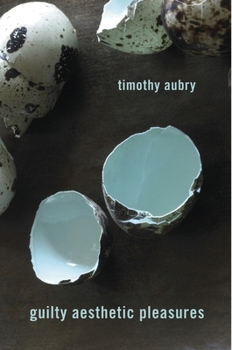Guilty Aesthetic Pleasures
In the wake of radical social movements in the 1960s and 1970s, literary studies' embrace of politics entailed a widespread rejection of aesthetic considerations. For scholars invested in literature's role in supporting or challenging dominant ideologies, appreciating literature's formal beauty seemed frivolous and irresponsible, even complicit with the iniquities of the social order. This suspicion of aesthetics became the default posture within...
Format:Hardcover
Language:English
ISBN:0674986466
ISBN13:9780674986466
Release Date:September 2018
Publisher:Harvard University Press
Length:288 Pages
Weight:1.00 lbs.
Dimensions:1.1" x 6.1" x 9.4"
Customer Reviews
0 rating





